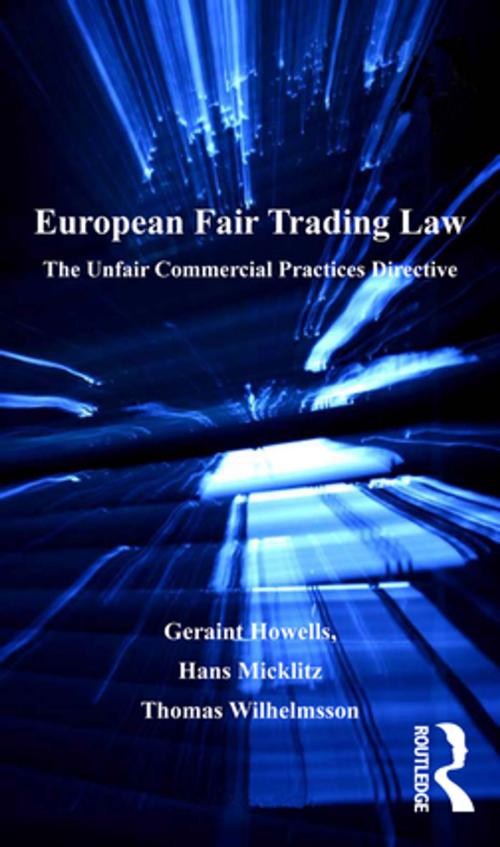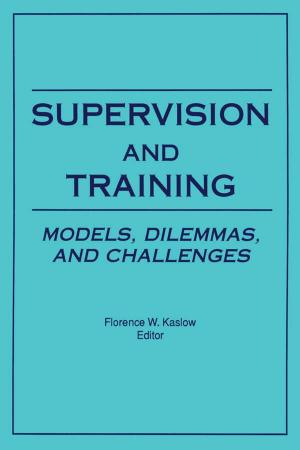European Fair Trading Law
The Unfair Commercial Practices Directive
Nonfiction, Reference & Language, Law, International| Author: | Geraint Howells, Hans-W. Micklitz, Thomas Wilhelmsson | ISBN: | 9781317139652 |
| Publisher: | Taylor and Francis | Publication: | April 22, 2016 |
| Imprint: | Routledge | Language: | English |
| Author: | Geraint Howells, Hans-W. Micklitz, Thomas Wilhelmsson |
| ISBN: | 9781317139652 |
| Publisher: | Taylor and Francis |
| Publication: | April 22, 2016 |
| Imprint: | Routledge |
| Language: | English |
The Unfair Commercial Practices Directive is the most important directive in the field of trade practices to have emerged from the EC but it builds upon European activity which has sought to regulate trade practices on both a sectoral and horizontal level. It is an umbrella provision, which uses general clauses to protect consumers. How effective this approach is and how it relates the existing acquis are fundamental issues for debate. This work provides a critical appraisal of the Unfair Commercial Practices Directive linking discussion of it to general debates about how fair trading should be regulated. It explains how the Directive fits into the existing acquis. It also examines national traditions where these are necessary to explain the European approach, as in the case of general clauses. The book will be a valuable tool for any student of consumer law seeking to understand the thinking behind the directive and how it will affect national laws. It will also influence policy makers by suggesting how the directive should be interpreted and what policy lies behind its formulation. Businesses and their advisers will use the book as a means of understanding the new regulatory climate post-the directive.
The Unfair Commercial Practices Directive is the most important directive in the field of trade practices to have emerged from the EC but it builds upon European activity which has sought to regulate trade practices on both a sectoral and horizontal level. It is an umbrella provision, which uses general clauses to protect consumers. How effective this approach is and how it relates the existing acquis are fundamental issues for debate. This work provides a critical appraisal of the Unfair Commercial Practices Directive linking discussion of it to general debates about how fair trading should be regulated. It explains how the Directive fits into the existing acquis. It also examines national traditions where these are necessary to explain the European approach, as in the case of general clauses. The book will be a valuable tool for any student of consumer law seeking to understand the thinking behind the directive and how it will affect national laws. It will also influence policy makers by suggesting how the directive should be interpreted and what policy lies behind its formulation. Businesses and their advisers will use the book as a means of understanding the new regulatory climate post-the directive.















